- Tsaone Segaetsho
Finance Minister and Vice President, Ndaba Gaolatlhe, has revealed that the government will increase taxes. While delivering the Budget Speech, he stated that, to enhance domestic resource mobilisation, the government proposes a 1.5 percent increase for both corporate tax and the highest bracket of personal income tax (top earners).
Gaolatlhe also noted that, even with this adjustment, Botswana’s tax rates will remain among the lowest in the region. He stated that Botswana’s current tax-to-GDP ratio stands at approximately 13 percent, which is below the African average of 16 percent and the SACU average of 20 percent.
To complement these measures, the Vice President and Finance Minister stated that the Botswana Unified Revenue Service (BURS) would be strengthened through investment in technology-driven solutions aimed at improving efficiency, enhancing compliance, and facilitating seamless online tax collections. He emphasised that these efforts are essential for ensuring a more robust and sustainable revenue base to support national development.
“Mr Speaker, we are determined to effectively generate, manage, and optimise financial resources. We will optimise existing revenue streams, broaden our tax base, and minimise inefficiencies and leakages in the system. Mr Speaker, allow me to provide,” said Gaolatlhe.
Review of Tax Legislation
Gaolatlhe stated that the comprehensive review of tax legislation is progressing well and has now reached an advanced stage. The initiative aims to modernise and simplify tax laws, ensuring that Botswana’s tax framework remains robust, efficient, and aligned with current economic realities.
“I am pleased to announce that we intend to present three (3) Bills to this Honourable House during the 2025/2026 Financial Year. We intend to enact a new Tax Administration Act, which aims to harmonise tax rules in the Value Added Tax (VAT) and Income Tax Acts, reduce compliance time for taxpayers, and eliminate duplication in filing and paying taxes,” said Gaolatlhe.
He further stated that the government plans to repeal and re-enact the VAT Act to modernise and broaden its scope to encompass contemporary business practices. Additionally, they intend to repeal and re-enact the Income Tax Act to consolidate and modernise its provisions in response to global business trends and international tax issues.
Revenue Maximisation
On revenue maximisation, Gaolatlhe reiterated the government’s commitment to effectively generating, managing, and optimising financial resources. He highlighted efforts to optimise existing revenue streams, broaden the tax base, and minimise inefficiencies and leakages in the system.
“Mr Speaker, allow me to provide an update on some revenue maximisation initiatives implemented by BURS. I must, however, indicate that the implementation of these initiatives relies on the completion of our intended comprehensive tax legislation review. First, is the introduction of VAT on digital trade. The project aims to broaden the VAT tax base within the rapidly growing digital economy and also seeks to promote fair taxation by ensuring a level playing field where both traditional and digital businesses are subject to the same tax obligations. The project is anticipated to be completed by September 2025,” said Gaolatlhe.
Gaolatlhe also emphasised the need to develop an Electronic VAT Invoicing Solution to improve revenue collection efficiency. He explained that this project would enable real-time tracking of VAT transactions, benefiting both businesses and BURS by enhancing compliance and ensuring accurate reporting. The planned completion date for the project is March 2026.
The Finance Minister also highlighted the necessity of developing a fiscal marking and monitoring solution, commonly known as track and trace, to enforce compliance, curb illicit trade in excisable goods, and safeguard government revenue.
“This solution aims to ensure compliance with Excise regulations while minimising disruptions to legitimate business activities and safeguarding consumers from illicit goods. The project will be completed in September 2025,” said Gaolatlhe.
To further improve compliance and revenue collection, he stated that inspections of imported goods at ports of entry have been intensified. He expressed concerns regarding bottlenecks at the Martin’s Drift and Tlokweng border gates, noting that these issues hinder smooth regional trade. He added that the government is in discussions with South African authorities to find long-term solutions.
Gaolatlhe also mentioned that the construction of facilities at Pioneer Gate is well underway and is expected to be fully completed by the end of February 2025. These developments aim to facilitate smoother trade and enhance economic ties between Botswana and its neighbouring countries.
Trade Facilitation
To facilitate trade and align Botswana with regional and international best practices, the country has sought assistance from the World Customs Organization and the European Union Africa to automate the advance-ruling programme for the Botswana Unified Revenue Service.
“Advance Ruling allows the taxpayer to make a pre-arrangement with BURS regarding classification, applicable duty rates, including finding out if there are any preferential tax treatments for the country of origin of the goods,” said Gaolatlhe.
Speaking on the benefits of this initiative, Gaolatlhe stated that it provides taxpayers with certainty regarding applicable duties on imported goods and their treatment.
“As a result, Advance Rulings, by nature, are binding (on the tax administration) and promote harmonisation and standardisation in the national treatment of goods passing through our ports of entry,” he added.
He further noted that the initiative would assist traders in managing their cash flow effectively.










